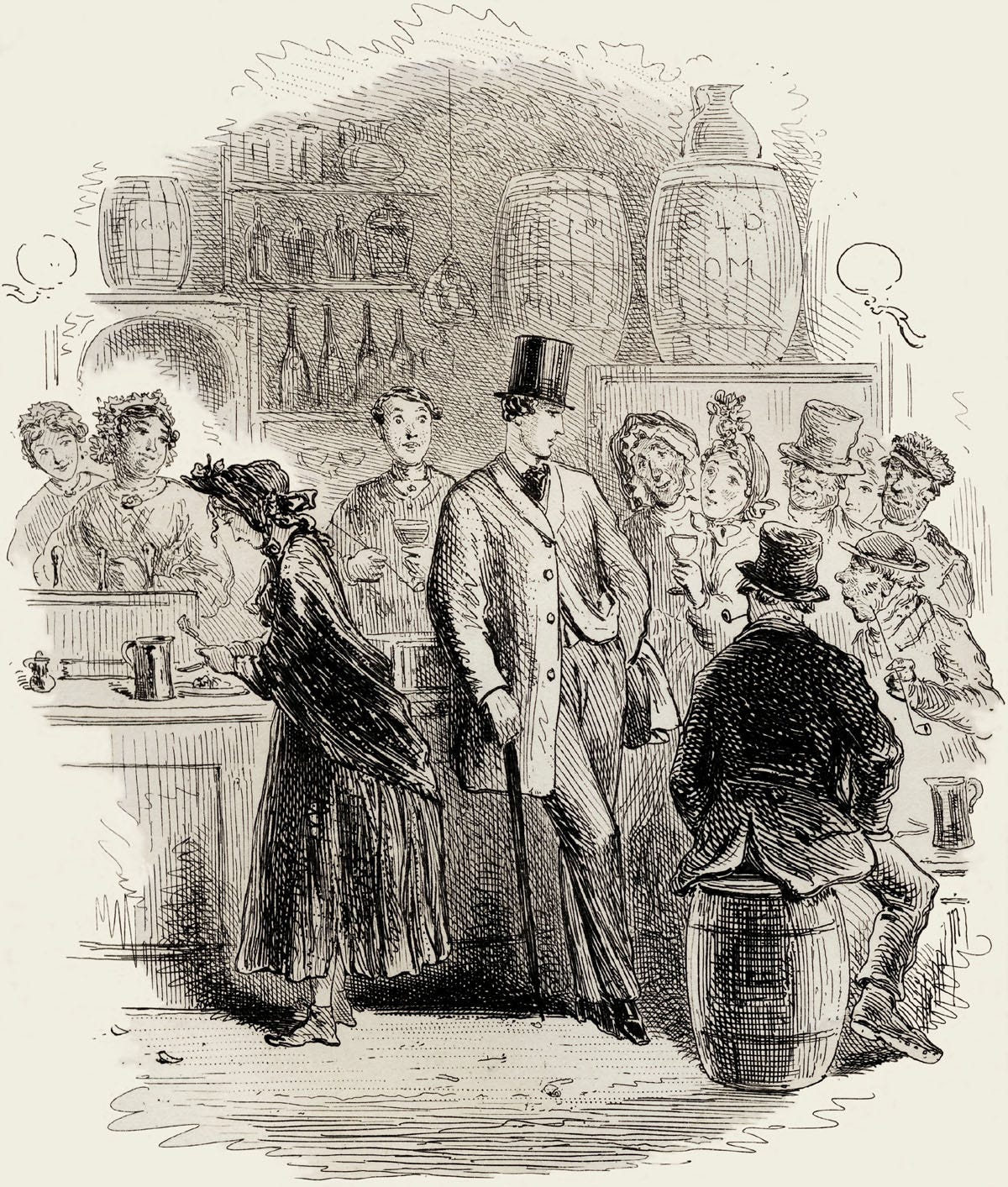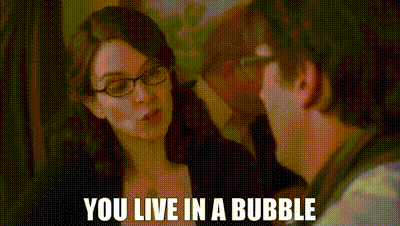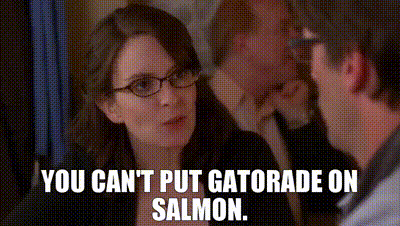This chapter is about Burgo Fitzgerald— but this time he’s actually a character not just a plot point in Glencora’s storyline.
When we met Burgo chapter and chapters ago he was hunting with Vavasor, took his horse over one too many jumps, and ended up in a ditch with a dying horse. I wouldn’t exactly call that a great intro.
There’s a famous horse in Anna Karenina and critics connect Vronksy’s relationship to Frou-Frou with his relationship to Anna. The horse and Anna both “fail” in a way but are also “failed” by Vronsky’s attention and emotional guidance. Is Trollope warning the readers that Burgo is not a considerate rider and by extension, lover? Is ruining a horse a red flag when you want to run away with a married woman?
I think it’s an interesting possibility.
Do we remember Burgo and how much do we remember about him?
In the chapter “Alice Vavasor's Great Relations” Burgo shows up in narration and the story of his courtship with Glencora is told. They fall in love but her family opposes it and she is pressured into marrying Palliser instead. Glencora, as Alice learns in the previous chapters, still pines for him and wishes she could run away with him. But she also desires to protect herself from that possibility by avoiding social situations where she will run into him.
Burgo however does not have an Alice to talk to. Instead, Burgo is stuck talking and drinking brandy with George Vavasor. I noted in the last chapters that Glencora’s attitude is driving her friendship with Alice to a dangerous place: one where they might fall out. This is partially because Alice is so honest with Glencora and while she indulges and supports her: she won’t help her elope or feed into unhealthy fantasies. Is Vavasor similarly protective of Burgo? From what we know of George is he that great of a friend to anyone? He’s a better rider in the hunt than Burgo but it’s also suggested he is mostly there to make a horse look good enough for some (poor sucker) to buy.
Maybe George is just a better con-man than Burgo.

Burgo, like Glencora, is not looking for advice as much as he is looking for affirmation. Trollope writes that Burgo,
was, I think, in the state of most men when they seek for counsellors who shall counsel them to do evil
Burgo knows what he wants is wrong and he seeks out Vavasor, who is known to him as someone who does questionable things. Glencora knows what she wants is wrong but she seeks out Alice who she knows does the right thing even when it hurts: Alice gave up George because it was the right thing to do. Glencora knows her cousin will not give in and counsel her to follow her impulses because she knows Alice is a good friend. I wonder if Burgo has any good friends he can go to and get good supportive Alice-like advice? Trollope represents his family as a group of schemers who are all too willing to commiserate with him about the loss of Glencora’s fortune.
Maybe Glencora is just luckier, but also maybe men and women, especially in Victorian England, were socialized differently in ways that protected young women like Glencora, from influences like George Vavasor and Burgo’s “old she-devil” of an aunt. I’m sort of sympathetic to Burgo who has fallen into the same kind of “my love is more pure than a forced marriage between two rich people to conserve property” logic Glencora has when he tells George,
“I think he [Palliser] ran away with my wife,” said Burgo, with emphasis, “that’s the way I look at it.”
A very short summary:
The plot of this chapter is fairly simple. Burgo is drinking with George and George, for reasons that aren’t very clear, agrees to co-sign a loan with Burgo so he’ll have enough money to try to run away with Glencora the next time he sees her. But on his walk home, Burgo gets more complicated. He is approached by a young girl begging and he sees she was once “exquisitely” beautiful. He’s moved by this to engage with her, as one exquisite creature to a formerly exquisite one, and when he tells her they are the same (for he is poor and homeless, living off relatives and over 30,000 pounds in debt) she protests,
"You poor!" she said. And then she looked up into his face. "Gracious; how beautiful you are! Such as you are never poor."
He’s moved (is moved the right feeling? who knows) by this and gets her a meal and a place to sleep and goes on his way. Trollope reveals two things about Burgo in this interaction.
1) Burgo thinks of himself as wasted, doomed and lost. So much so that in his evening dress he can compare himself to a beggar. This is not unproblematic. Burgo is oblivious to the arenas of distance between their levels of safety on the street at night for example but it does suggest that Burgo is not oblivious to the potential total failure he might be headed towards. A Victorian gentleman can become a Victorian beggar.
2) Burgo is kind. How does this interaction challenge or add complexity to his interaction and relationship with Vavasor?
Burgo v. Vavasor 1
In the first scene, Burgo essentially takes money from Vavasor, as a co-signer Vavasor will have to pay when Burgo likely cannot, in the second scene he gives away some money for nothing. He’s not being gentlemanly exactly and he’s falling into a stereotype. But not the stereotype I was expecting.
I had pre-titled this post Burgo Fitzgerald: The Rake and intended to discuss Burgo in relation to other rakes in literature and culture like Lord Byron, Simon from Bridgerton, or the Marquis of Vidal in Georgette Heyer’s Devil’s Cub. But while Trollope says Burgo wastes money, drinks, rides horses too hard, and lives an immoral life he doesn’t (for example) have him seduce a poor girl in exchange for a cup of gin.
So is he a rake?
Burgo in truth might be the only character we have met who would not only give the girl money but walk her to the shop and make sure she actually ate and then speak to her to make sure she doesn’t spend the money on gin but actually goes somewhere warm to sleep and gets breakfast with the rest of the money. I cannot imagine Alice building rapport with a girl on the street or Glencora. I know the rest of the book so the only person I can really imagine doing this is honestly Palliser— but the reader hasn’t really met Palliser yet.
This chapter shows that Trollope won’t write Burgo away as a caricature of a rake. He must add depth! If Glencora is motivated by a strange fantasy that running away will help her husband Burgo is motivated by a sense of victimhood. He considers himself married to Glencora and robbed not of her money (entirely) but of her. Burgo might be willing to “seduce” Glencora away from her husband but he thinks of it as a reclamation. And the more he thinks about it the more aware he becomes that it would hurt Palliser. The more he thinks the more he cares. That doesn’t sound like a rake. He’s got feelings!
With the beggar girl, I think Burgo is motivated to kindness by the knowledge of his impending fall. He suggests suicide as a logical next step to solve his debts if he cannot run away with Glencora. This is not a man who has a 10-step fail-proof plan. Rather than make him self-centered does this sense of grief and doom make him more kind-hearted? Or is his attention to the once exquisite girl just a way of comforting himself? As an exquisite person does he see himself in the dregs of her beauty? And believe like her, that ones such as them are never poor? That someone on the street must help them?
Is he kind or just working with pretty privilege?
It’s curious how Trollope ends the chapter,
Poor Burgo! All who had seen him since life had begun with him had loved him and striven to cherish him. And with it all, to what a state had he come! Poor Burgo! had his eyes been less brightly blue, and his face less godlike in form, it may be that things would have gone better with him.
Does Trollope mean here that because Burgo is so beautiful his family has overindulged him, raised his expectations, and excused his bad habits? He has been cherished but has he had that honest hard sort of love that Alice has given Glencora? I don’t think so.
Anyway, Burgo is not a great guy to borrow money with but I’m actually not sure he’s a rake. I did not get to use the graphic I made for this post because it was essentially just a collage of rakes.
Anyway just because Burgo isn’t a rake doesn’t mean I don’t want to know all about favorite rakes you’ve read about— and how their authors complicate their feelings and sometimes redeem them? Let me know!
Next week: what does George get up to while Burgo is walking home? What happens when Alice is confronted with a direct question?
We have been doing this so long I want to remind everyone whenever I compare someone to George: in addition to being dumped by Alice for sleeping around George killed a thief who broke into his house when he was “hardly more than a boy” and has an allegorical scar from this experience that mars his beauty. Burgo might be trying to run away with Glencora but he literally looks like an angel. This seems relevant.






